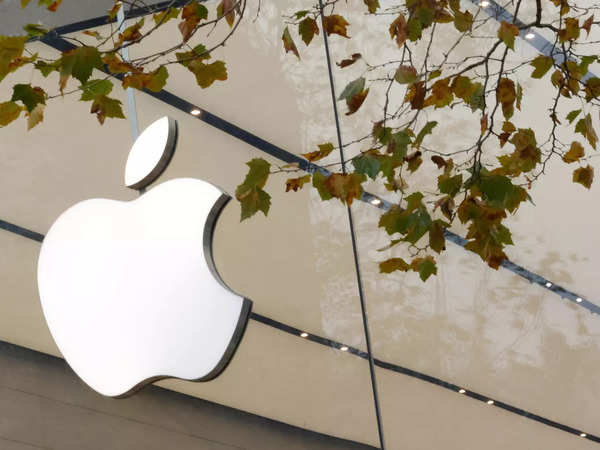Apple App 600m 230bpereztechcrunch: The Future of Mobile Gaming

Mobile gaming has become a massive industry, with millions of people around the world playing games on their smartphones and tablets. Apple has been at the forefront of this trend, with its App Store offering a vast selection of games for iOS devices. Recently, the company made headlines with its acquisition of 600 million shares of AppLovin, a mobile game developer, for $1.5 billion. This move has raised questions about the future of mobile gaming and what it means for Apple’s position in the market.
The Rise of Mobile Gaming
Mobile gaming has come a long way since the early days of Snake on Nokia phones. Today, mobile games are more sophisticated and engaging than ever before, with titles like Candy Crush and Fortnite becoming household names. The rise of mobile gaming can be attributed to several factors, including the increasing power and capabilities of smartphones and tablets, the availability of high-speed internet connections, and the growing popularity of casual gaming.
According to a report by Newzoo, the global mobile gaming market is expected to generate $77.2 billion in revenue in 2020, with over 2.4 billion gamers worldwide. This represents a significant opportunity for game developers and publishers, as well as for platform owners like Apple.
Apple’s Acquisition of AppLovin
In April 2021, Apple announced that it had acquired 600 million shares of AppLovin, a mobile game developer based in California. The deal was worth $1.5 billion and gave Apple a 21% stake in the company. AppLovin is known for developing and publishing popular mobile games like Matchington Mansion and Lion Studios.
The acquisition is significant for several reasons. First, it gives Apple a foothold in the mobile gaming market beyond its App Store. AppLovin operates a mobile ad network that reaches over 1.5 billion devices worldwide, which could help Apple expand its advertising business. Second, it allows Apple to leverage AppLovin’s expertise in mobile game development and publishing. This could lead to the creation of new and innovative games for iOS devices.
The Impact on the Mobile Gaming Industry
Apple’s acquisition of AppLovin could have a significant impact on the mobile gaming industry. For one, it could lead to increased competition among game developers and publishers. With Apple now having a stake in AppLovin, it could potentially favor its own games over those of other developers on the App Store.
Additionally, the acquisition could lead to changes in the way mobile games are monetized. AppLovin’s mobile ad network is a significant source of revenue for the company, and Apple could look to integrate this into its own advertising business. This could lead to more ads being shown in mobile games, which could impact the user experience.
Finally, the acquisition could lead to more consolidation in the mobile gaming industry. AppLovin has already acquired several other mobile game developers, and Apple’s investment could lead to further consolidation as larger companies look to acquire smaller ones.
The Future of Mobile Gaming
The future of mobile gaming is bright, with new technologies like augmented reality and 5G connectivity set to revolutionize the industry. Apple’s acquisition of AppLovin is just one example of how companies are looking to capitalize on this trend.
In the coming years, we can expect to see more innovative games that take advantage of these technologies. We can also expect to see more consolidation in the industry as larger companies look to acquire smaller ones. Finally, we can expect to see more competition among game developers and publishers as they vie for a share of the growing mobile gaming market.
Conclusion
Apple’s acquisition of AppLovin is a significant move that could have a lasting impact on the mobile gaming industry. It gives Apple a foothold in the market beyond its App Store and allows the company to leverage AppLovin’s expertise in mobile game development and publishing. However, it also raises questions about the future of mobile gaming and what it means for competition and monetization. As the industry continues to evolve, it will be interesting to see how companies like Apple adapt and innovate to stay ahead of the curve.





